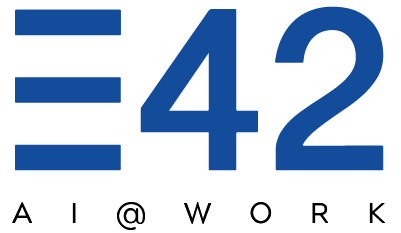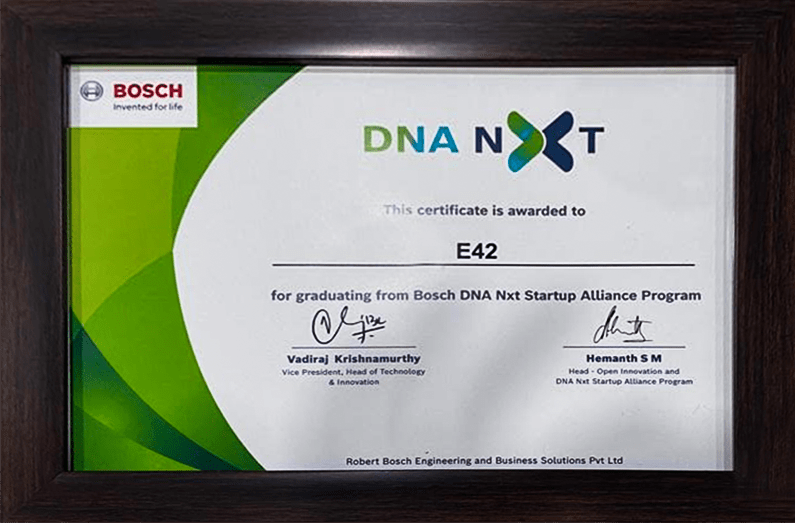No traditional call center can be optimized for peak. But that’s what call centers should be doing in the first place.
To put that in perspective let’s take a few situations
Situation 1: You are launching a new product; you have many campaigns running across various media and a lot of information about what you want to launch is out there. It could be a product, a feature, a new service or service line -you put some information out there on that. There are ad agencies, marketing teams, on-field staff, event organisers, and even your sales teams that are geared up for the occasion. They all ensure that the data you put out there is good and appealing to the market segment you are targeting. And yet… on launch, there are a few variables that you couldn’t gear up for. The response is fantastic. There are thousands of calls every minute enquiring about a feature that was there in some media but not in others, rather not clearly visible in some campaigns. Or some information that was of concern to many many but did not come up in the survey as really important. Or simply to book / order the product or service!
The call centers were trained and equipped with the details on the product but the system couldn’t handle the sheer traffic. There weren’t just enough people even though all leaves were cancelled and extra systems were put in place. The SLA capacity was half the capacity available today and yet the extra wasn’t enough to cater to the hype around the launch plus the usual regular volume of the call center. This also raises questions on the product as the first experience with the enterprises wasn’t that great for most who called in!
An excellent product took a beating on the day of the planned launch in spite of an excellent campaign, or shall I daresay because of an excellent campaign.
Situation 2: There is an unfortunate event. You had to shut certain operations for a while. Its all over the news. It was sudden and you didn’t have enough time or budget to react properly. You released a press statement but it wasn’t published everywhere.
Your current call center is jammed with calls from your existing customers. They just need someone to tell them that you will be back or that servicing will continue for a while. But they just cant get through. That gets them more frustrated and can lead to mob attacks, legal cases and more.
An externality caused irreparable damage to your brand
Situation 3: It’s a regular day. Your call center receives calls from customers / visitors on the product or service or they have a complaint or issue with. Your agents provide them with information or advise them. If the problem is not resolved they register a complaint by raising a ticket. Then the “feet on street” get involved to close the ticket.
Here basically the call center is simply managing the drawbacks in the product or service. It could be technical, functional, ergonomical, etc
Any contact center worldwide will be catering to either of the above situations any given day. These agents have limitations and so does the infrastructure to cater to situations 1 and 2 above. When actually that should be the raison d’etre for any contact center. It doesn’t actually exist to compensate the complexities in a product or service – which should be work in progress as far as the product is concerned or automation when it comes to service.
Unfortunately, the reality is that you cannot really optimise any call center for scale. The unit economics won’t just add up. Some times in cases of external entities that you outsource for the operations they may be able to add on some additional infrastructure to manage for planned events (i.e. launch, etc) for a while. But it doesn’t work out if it’s sudden or unexpected and the scale is also within limits. It’s almost impossible to bring in the workforce 4 times, train them to answer questions and handle the software to help the customer or prospect in need.
Apart from these sheer availability challenges there is the issue of quality of the hardware, software and human resources in question.
Up until Light Information Systems launched the Cognitive process automation platform E42 there was hardly any alternative to the call center. The contact center was a bunch of people manning calls (VOIP or telephony switches) from terminals and some hardware or software was used to route the calls to the appropriate agent based on their availability or expertise. This system had many limiting factors including
- Inconsistency – depended on the mood of the agent and caller
- Authentication – was linked to some pieces of information verbally furnished by the caller
- Information gathering inefficiencies – the caller having to repeat authentication information or complaint to multiple agents
- Confusing – Lengthy IVR messages which may not have the option the caller was looking for. (if we knew what the caller wanted anyways why have the call center in the first place!)
- Zero personalisation – its always another agent who has no clue of what the caller is going through or went through with the previous agent.
- Action plan – in case the caller was required to take some action there was no way to send over some documentation.
All this of course if you somehow made your way to the top of the queue and actually spoke to an agent!
Of course, since there wasn’t a viable alternative and the demand was huge enterprise, (being enterprising of course!) came up with solutions both software and hardware to compensate for the shortcomings to some extent. Cisco, Avaya, IBM, etc. created these solutions to optimise the contact center. You had software that opened up once the authentication was done with some sort of history on the caller and the service, in some cases the contact center would work in conjunction with an SMS provider who could messages with information back to the caller, also Caller identification provided by the telecom service provider. But the gaps still remained and the original problem of sheer availability couldn’t be overcome. By some estimates, the losses to enterprise in terms of sales and brand ran into hundreds of millions of dollars annually.
Enter the Multifunctional Cognitive Agents or E42.
Built on the cognitive process automation platform (CPAP) these agents can be trained on any data set and connected to any software systems and cater to any stakeholder external or internal and automated processes that ease their pain instantly.
Training: Even a single MfCA (Multifunctional Cognitive Agent – E42) can be trained on multiple processes and entertain multiple user groups
The E42 can converse in multiple languages depending on the customer’s choice.
The E42 are consistent and engage in the best quality conversations no matter what the mood of the caller is.
The E42 don’t forget. Every returning customer is greeted based on their previous experience.
The MfCAs come with automatic intent classification- which means that the customer doesn’t have to go with any IVR. They just speak / chat with the system and the E42 classifies the intent based on a) what the customer said b) the customer profile and c) purchase history.
The E42 can be trained to take action based on the conversation such as send an SMS or email to the caller with the details discussed or even the entire chat transcript. Or generate a ticket for the service teams on the Ticketing software.
And above all…
Scale:
Scale Numbers: The E42 can be scaled anytime or automatically with the increase in usage to cater to peak. System also automatically queues requests if needed.
Scale Processes: The scale is not just in numbers of agents to manage the peak volumes of users but also in processes. Which means that if a bot is used to cater to customers by helping them with product information or service processes but can scale to engage visitors from your advertising campaign with information with the same product playbook training from customer handling. It can also “listen” to social media conversations on your product or service and take action if needed. It can even schedule appointments or even collect payments depending on the channel.
Scale Channels: The E42 can also scale channels and give a completely omnichannel experience to the customer. They can begin a conversation in one channel such as FB messenger and continue the conversation on Whatsapp. Of course, the customer will have to identify themselves for this seamless experience
The new age of enterprise cognition is here and all enterprises have to adapt to it. Till now the argument was the “taking away” of jobs, the lack of training data, etc. Today the COVID 19 Pandemic has alas exposed the frail nature of our human bodies and enterprises that have to survive have to be competitive and provide the services to humans with or without them doing all the work. The Multifunctional cognitive agents like E42 will ensure that your customers have the best personalized experience at the lowest cost to your enterprise while ensuring that they keep learning to be able to do more and more functions by adding data sets and processes. With the increase in unstructured data being generated through social media, emails, soft communication, collaborative channels, etc any enterprise that doesn’t make sense of it in real time misses out big time! Watch this space for more on that…



